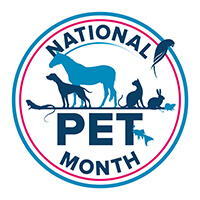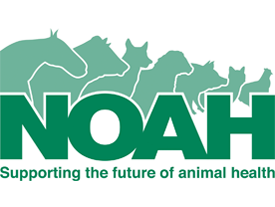NPM GUIDE FOR SAFE, HAPPY AND HEALTHY PETS DURING A HEATWAVE
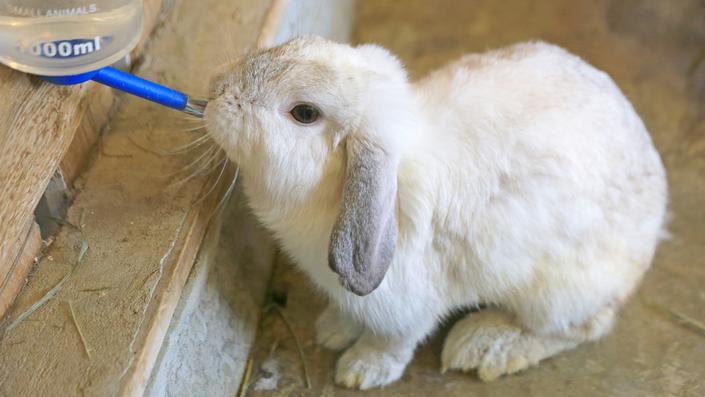
A heatwave can be a worrying time for us as pet owners. With extreme heat warnings in place across the UK, here are some top tips to help keep your much loved pet safe, happy and healthy.
During the summer of 2018 almost two thirds of vets reported treating animals affected by hot weather, according to the British Veterinary Association (BVA).
In 2022 experts predict that cases of heat-related illness this year could rival numbers seen four years ago.
A BVA survey in 2018 revealed that 51% of vets surveyed had treated pets for heat stroke.
Thirty six per cent saw animals requiring treatment for hot weather related conditions like breathing difficulties, heart conditions, burnt paw pads and sunburn.
Dogs are more likely to struggle to stay cool in high temperatures and humid conditions since, unlike us, they are unable to cool down quickly through sweating. This makes them vulnerable to overheating.
So, please:
- Always avoid even a short walk with your dog in the middle of the day.
- Never leave your canine companion in the car or in a conservatory. Just a few minutes can be fatal.
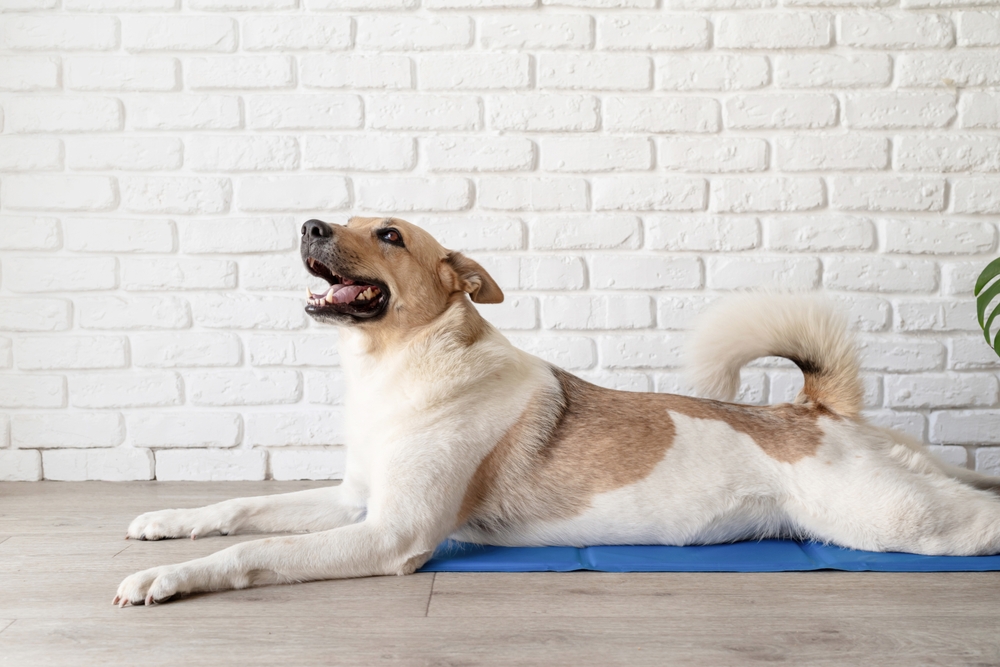
Flat-faced dog breeds such as English or French bulldogs and pugs are at even greater risk in this hot weather. Their short muzzles can make breathing difficult, meaning they struggle to cool down through panting - a dog’s main way to cool their body temperature.
Overweight animals and densely coated animals are also at increased risk.
An inability to sweat or pant can also put rabbits and guinea pigs at risk as temperatures soar.
As they’re unable to regulate their body temperature and cool down, here are two things you can do now to keep them safe.
- Move their hutch or run to ensure it’s out of direct sunlight.
- Each day inspect their back end and under their tail. Fly strike is a life-threatening risk for them in summer so regular checks are vital. Contact your vet immediately if you see any maggots.
“While most of us look forward to warmer weather, our pets can suffer in high temperatures and humid conditions,” says British Veterinary Association President Justine Shotton.
“Vets know that dogs in particular won’t stop enjoying themselves and exercising because it is hot, so it’s up to owners to do all they can to prevent overheating happening in this heatwave. This includes making sure pets aren’t walked or exercised in the middle of a hot day or left inside a hot car or conservatory for even a little while, as ‘not long’ can prove fatal.”
If you share your home with a cat or dog with lighter fur, apply pet friendly suncream, paying particular attention to ear tips which are prone to sunburn.
Over exposure can lead to potentially dangerous skin cancers.
Dog breeds such as Dalmatians, Beagles, Whippets, white Boxers and white English Bull Terriers are among the most commonly affected.
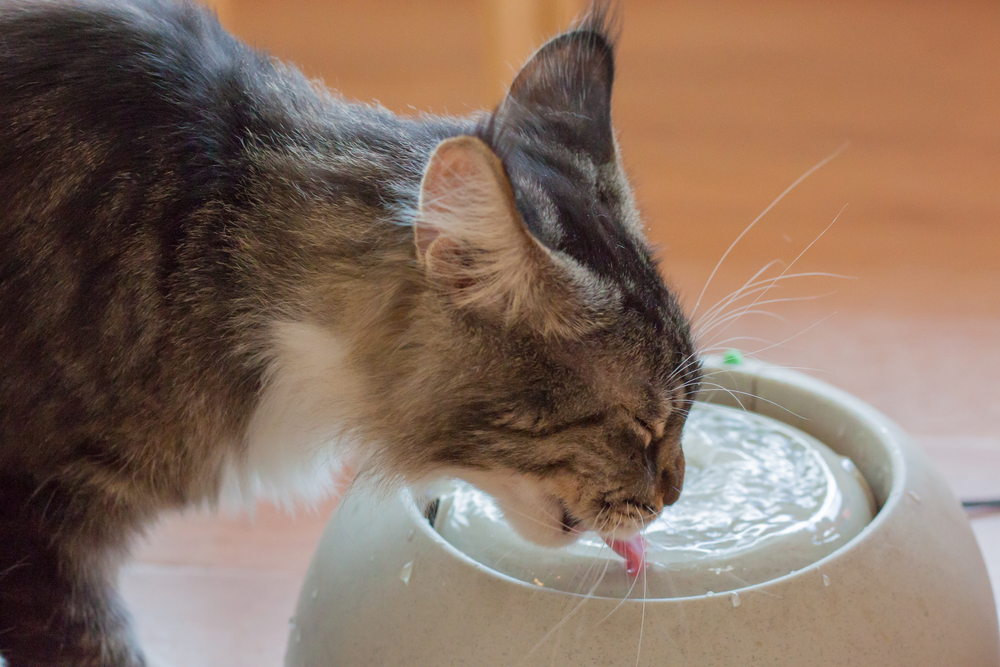 Sunbathing cats are also at risk, even those sunbathing on windowsills as they are exposing themselves to a lot of sunlight through windows that are generally not UVA-protected.
Sunbathing cats are also at risk, even those sunbathing on windowsills as they are exposing themselves to a lot of sunlight through windows that are generally not UVA-protected.
To prevent sunburn:
- Avoid excessive sunlight exposure but, if that isn’t possible, apply pet-appropriate sunscreen 10-15 minutes before exposure. Waterproof products, with a high SPF (30 or higher) and containing titanium dioxide are suitable and should be applied as a thin smear.
- Avoid sunscreens with zinc oxide to avoid zinc toxicity. If pet-safe products are hard to find, hypoallergenic or baby human products may be suitable instead.
- Speak to your vet to make sure you are applying the right sunscreen in the right place.
More vet top tips:
- Make sure your pet always has access to fresh water to drink, adequate ventilation and shade from direct sunlight at all times. This includes birds in cages or aviaries and rabbits in hutches. Provide extra shade to guinea pigs by covering the top of wire mesh runs with damp towels.
- Don’t exercise dogs in the hottest parts of the day: especially older dogs, overweight dogs, flat-faced breeds or dogs that you know have heart or lung problems. Stick to early morning or late evening walks.
- Do the five-second tarmac test before taking a dog out for a walk; if it feels too hot for you, it’s too hot for your dog’s paws.
- Never leave dogs in vehicles. If you see a dog in distress inside a hot car, call 999.
- Watch out for early signs of heatstroke, such as heavy panting, drooling, restlessness, bright red or very pale gums, and lack of coordination. Signs of heatstroke in rabbits include drooling, salivating, lethargy, short and shallow breaths, red and warm ears, wet nose and seizures.
- If heatstroke or any other heat-related condition is suspected, take your pets to a cool, well-ventilated place, give them small amounts of cool (not ice-cold) water to drink, and pour room-temperature water over them to cool them down. Seek immediate advice from your vet.
- Spare a thought for wild animals. Keep out bowls of water for wildlife such as birds and hedgehogs.
Take these simple, but highly effective steps, to keep your pet safe, happy and healthy this heatwave.
www.BVA.co.uk
